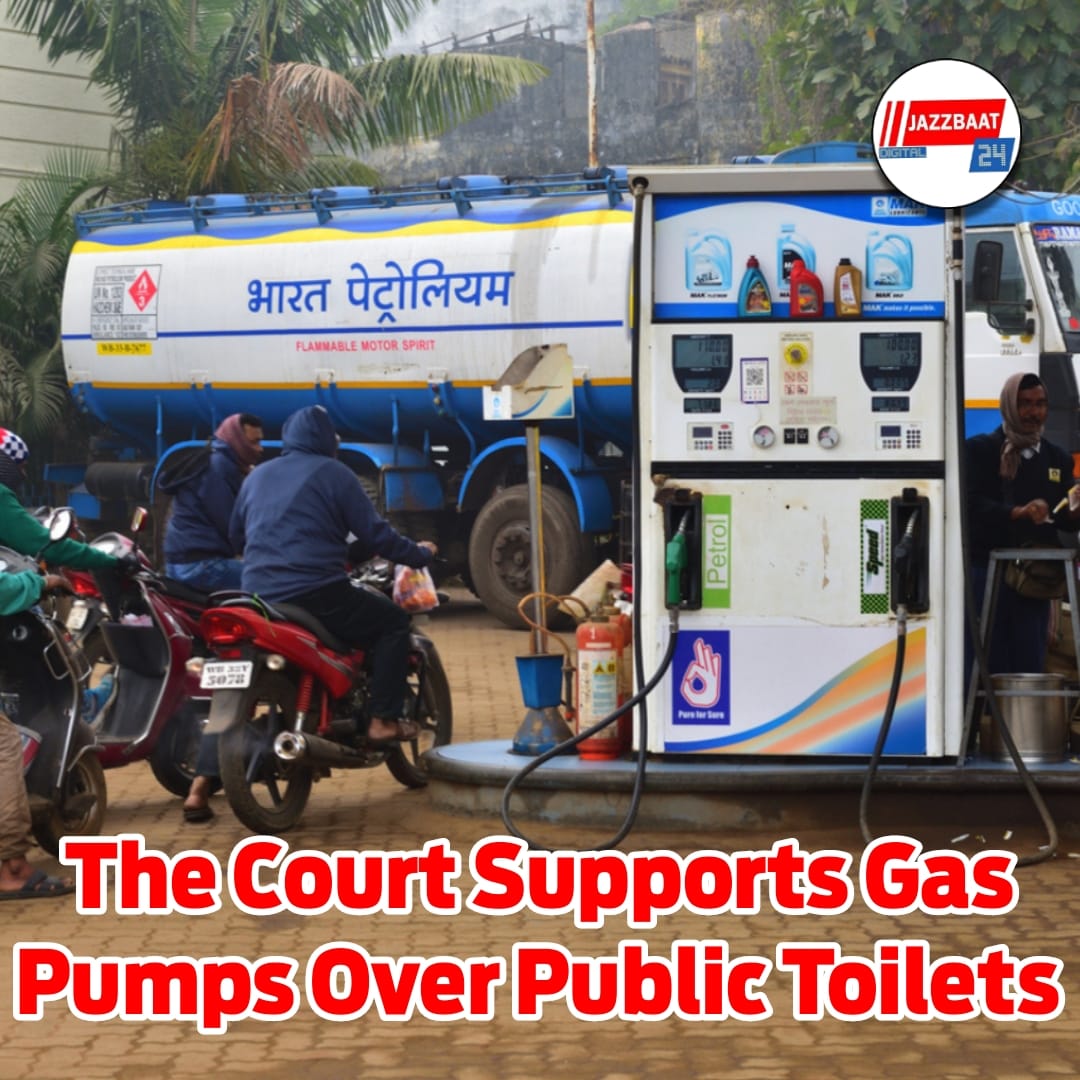
Kochi, June 19, 2025:
The Kerala High Court has decided that restrooms at privately owned gas stations are only for use by patrons and employees, not by the general public. Judge C. S. Dias issued an interim order instructing state and local officials to abstain from requiring pump owners to provide restrooms to anyone other than their paying customers.
The issue started when civic authorities and local self government bodies ordered gas station operators to declare their restrooms public spaces, citing updated Swachh Bharat Mission Urban guidelines. Posters and QR codes promoting public use were also pasted.
Under Article 300A (right to property), pump owners, represented by the Petroleum Traders Welfare and Legal Service Society, contested the directive, arguing that it violated their rights and created safety issues. The owners contended during hearings that allowing unrestricted users to use restrooms would result in crowding, a higher risk of fire, and operational disruptions at locations that store flammable fuels. Their petition said, "Daily operations are disrupted by public use."
This opinion was supported by the court, which emphasized that there was no legal justification for turning private facilities into public ones and that putting up signs suggesting public access would mislead the public and expose pump operators to liability. In particular, Justice Dias directed the Thiruvananthapuram Municipal Corporation and the Kerala government to refrain from enforcing any such orders until a final decision was rendered.
Additionally, he asked the authorities to submit pertinent Swachh Bharat Mission Urban guidelines for review. The court emphasized that private facilities on gas station property may not be used by the general public at random, particularly when crucial safety procedures mandated by the Petroleum and Explosives Safety Organization (PESO) are involved. This decision comes after a related consumer case earlier this year in which a Payyoli petrol pump operator was fined ₹1.65 lakh for denying a female traveller access to the restroom even though she had bought fuel. Although it did not establish a legal requirement for public access, that ruling emphasized the moral expectation that patrons should have access to sanitary facilities.
Although the ruling makes it clear that private property rights cannot be superseded under its guidelines, legal observers point out that it does not limit the Swachh mission, which seeks to increase public sanitation infrastructure. The order also reaffirms that locations used for petroleum storage cannot be considered public areas and must comply with all applicable safety standards.
The case has been postponed by the court so that the government can provide relevant guidelines. For the time being, drivers and bystanders who are looking for public restrooms will have to use facilities constructed under municipal schemes instead of those found at gas stations.